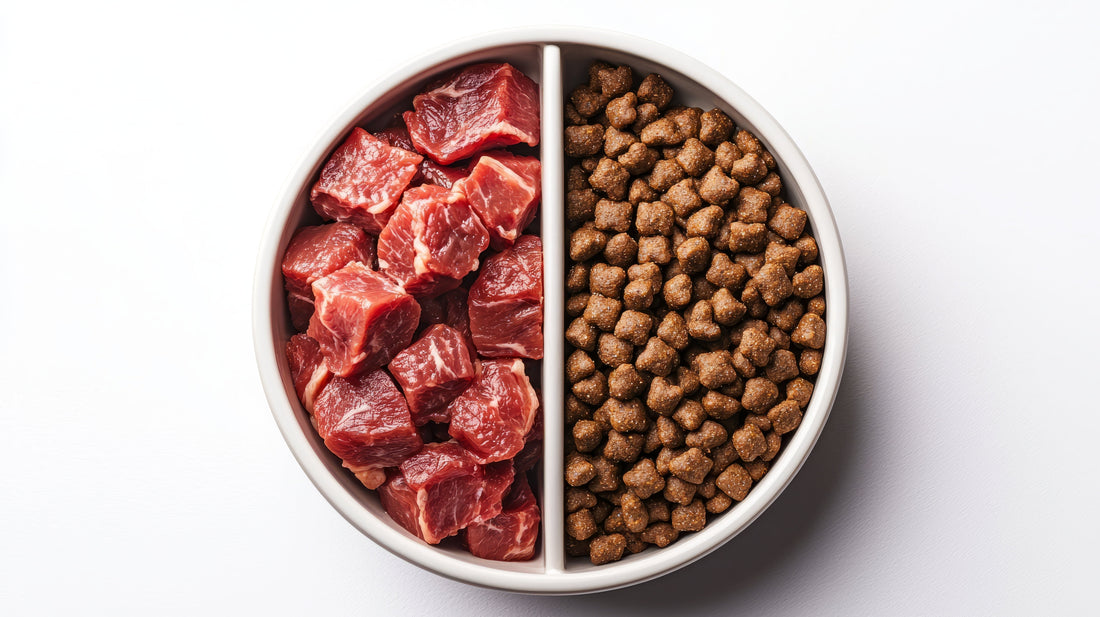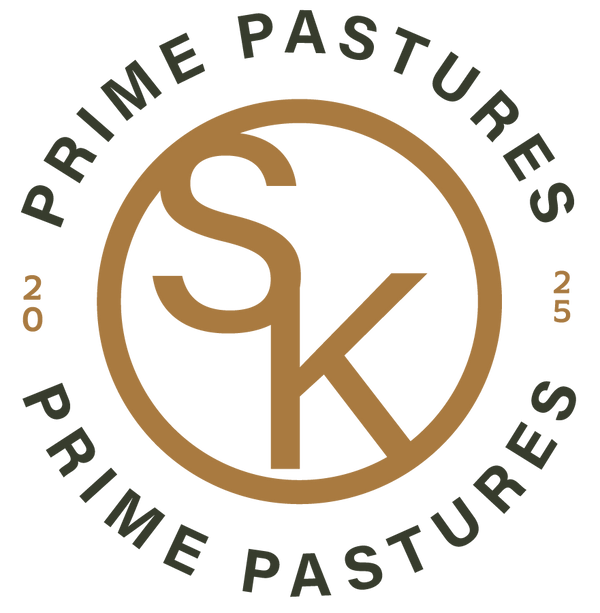
Understanding Your Dog's Digestive System: Why Raw Makes Sense
Share
Here's the revised first blog post with kibble contrasts:
Blog Post 1: "Understanding Your Dog's Digestive System: Why Raw Makes Sense"
By Kirstin Whitmire, Licensed Veterinary Technician
As a veterinary technician, I've spent years studying canine anatomy and physiology. One thing that always fascinated me was how perfectly designed dogs are for processing raw meat - yet how far we've moved away from feeding them what their bodies are built to handle.
The Science Behind Canine Digestion Dogs have a drastically different digestive system than humans. Their stomach acid is incredibly powerful (pH 1-2 compared to our pH 3-4), specifically designed to break down raw proteins and neutralize potential bacteria. Their intestinal tract is also much shorter - about 1/3 the length of ours relative to body size - which means food moves through quickly, giving harmful bacteria less time to multiply.
Where Kibble Falls Short Commercial dog food creates several digestive challenges. First, the high-heat processing (temperatures reaching 300°F+) destroys natural enzymes that aid digestion, forcing your dog's pancreas to work overtime producing digestive enzymes. Second, kibble is loaded with carbohydrates - corn, wheat, rice, and potatoes - that dogs have no biological need for and limited ability to process efficiently.
These carbohydrates cause blood sugar spikes and crashes, leading to energy fluctuations throughout the day. Meanwhile, your dog's short digestive tract struggles to break down these complex starches, often resulting in larger, more frequent stools and digestive upset.
What This Means for Raw Feeding When we feed dogs highly processed kibble loaded with grains and fillers, we're asking their carnivorous digestive system to process foods it wasn't designed for. It's like putting diesel fuel in a gasoline engine - it might work, but it's not optimal.
Raw meat, on the other hand, works with your dog's biology. The natural enzymes in raw meat aid digestion. The high protein content satisfies their biological needs without unnecessary carbohydrates. And the moisture content (about 70% compared to kibble's 10%) supports proper hydration and kidney function.
The Regenerative Difference At SK Prime Pastures, we raise our cattle using regenerative practices that eliminate the need for hormones, antibiotics, and chemical inputs. This means cleaner meat with higher nutrient density - exactly what your dog's efficient digestive system can put to good use, without the processing chemicals and preservatives found in commercial pet food.
Understanding your dog's biology helps you make better nutrition choices. When you align feeding with physiology instead of fighting against it, you're setting your dog up for optimal health.

